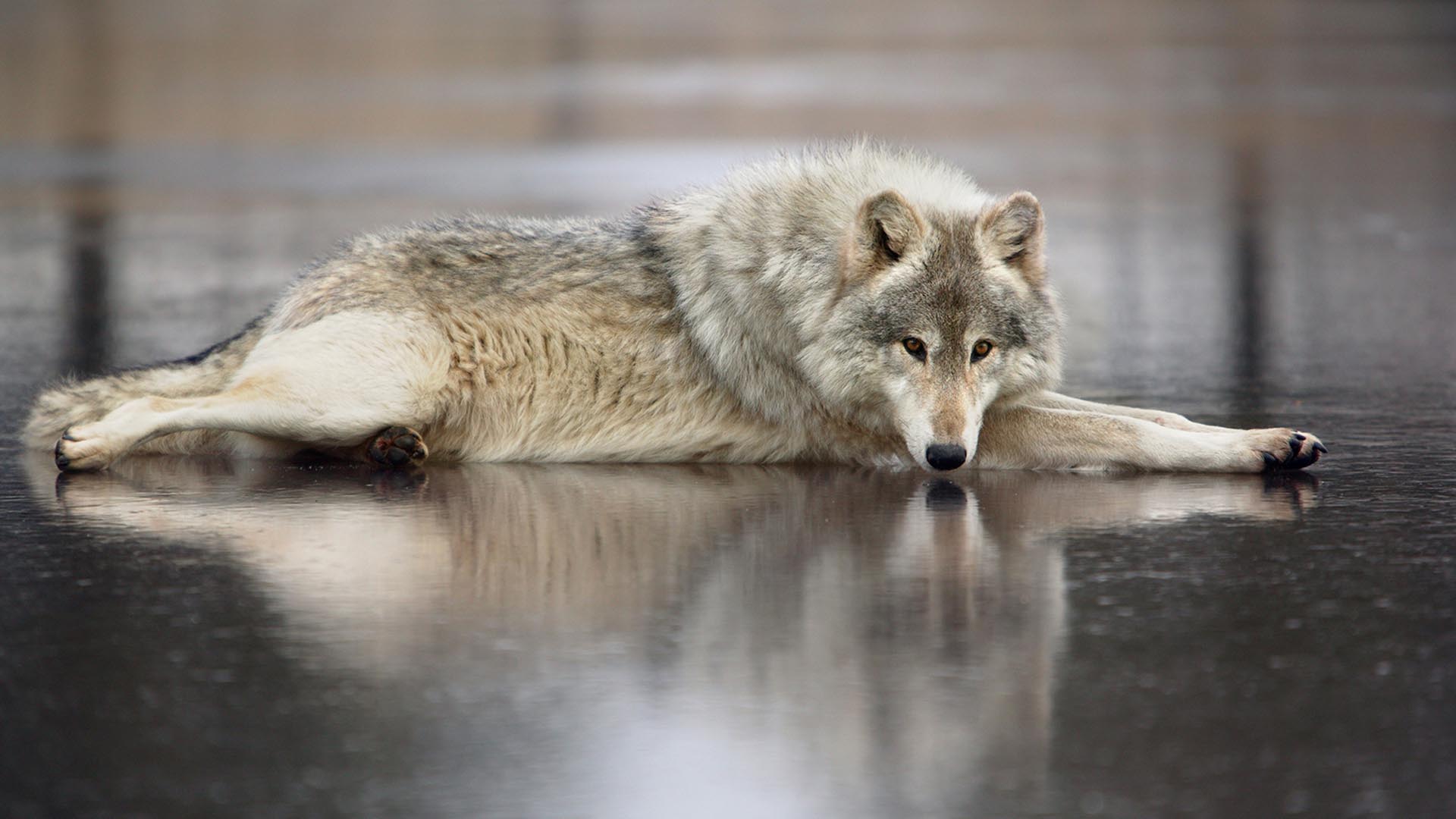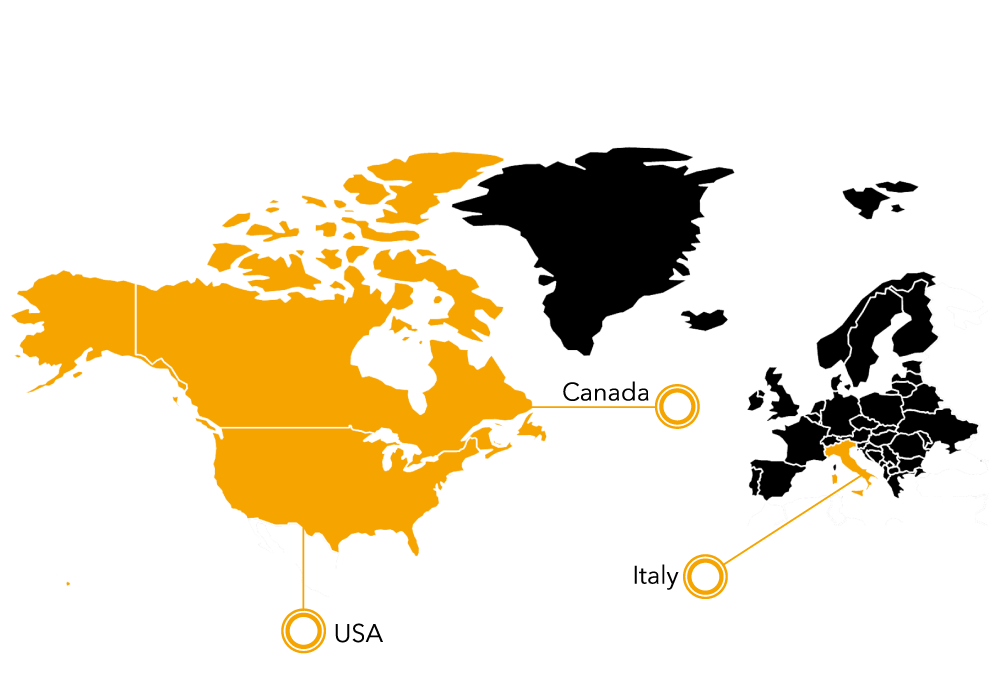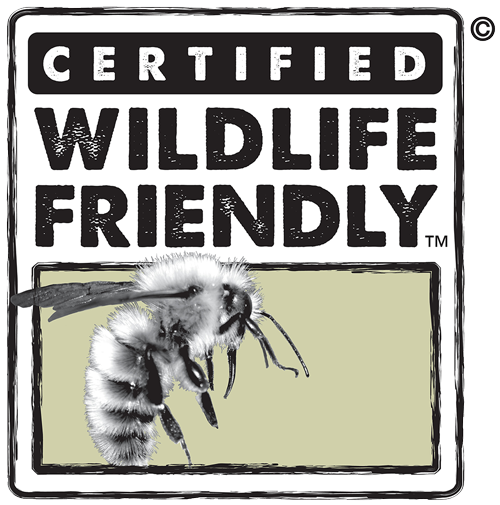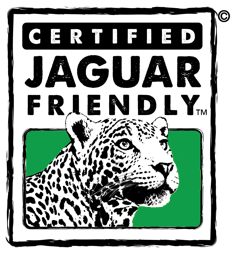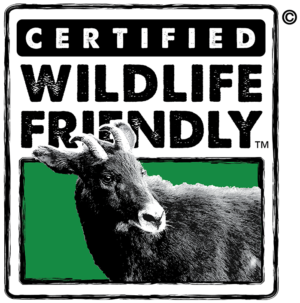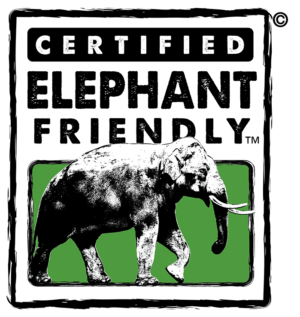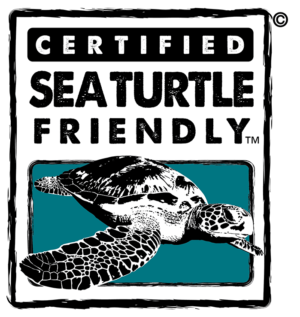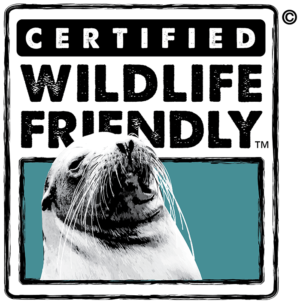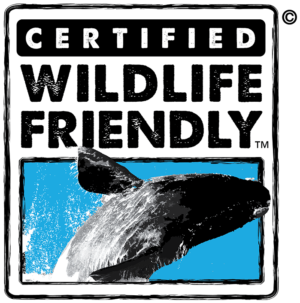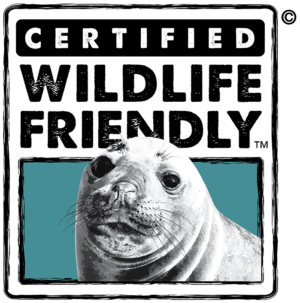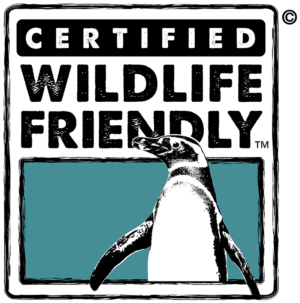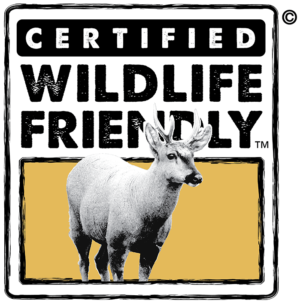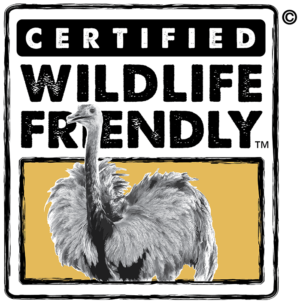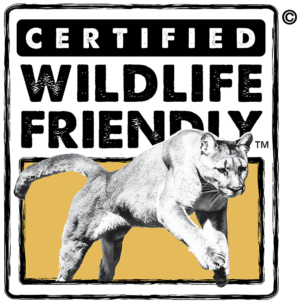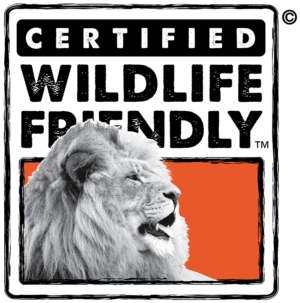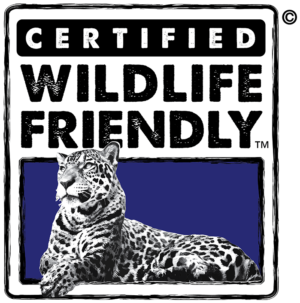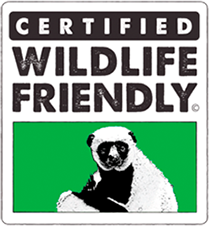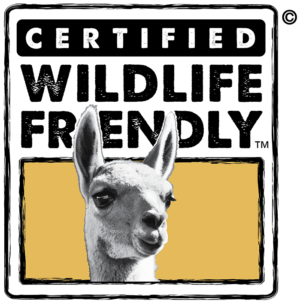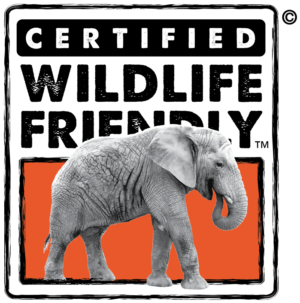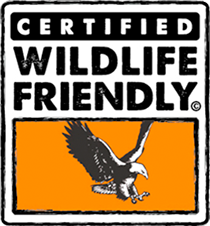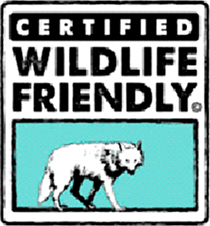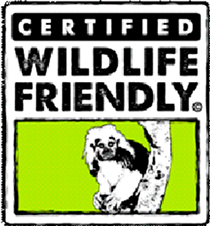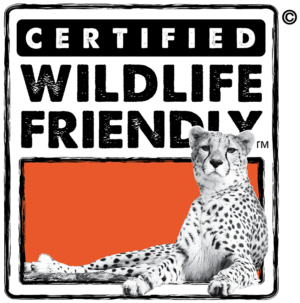Italy
The Conflict
Wolves are recovering and expanding in many European countries and conflicts with humans are widespread and often difficult to manage. As a consequence wolves are vulnerable to human impacts including poisoning, shooting, car accidents and conflicts with livestock all of which could contribute to local extermination. The Italian wolf population is currently estimated at 500-800 individuals distributed along the Apennines.
The Solution
Wolf experts have expressed that Wildlife Friendly® certification is extremely important for farmers across Europe showing them that coexistence is possible and recognizing and showcasing success stories for farmers using predator-friendly practices.
The Conservation Enterprise
Chianti Cashmere Goat Farm is a sustainable luxury cashmere operation in the Tuscany region of Italy which raises cashmere goats while using predator-friendly tools to coexist with wolves. Predator-friendly techniques used by Chianti Cashmere include employing a dozen Abruzzo guard dogs for their herd of 250 Cashmere Goats, an ancient breed of shepherd dog raised for centuries in southern Italy, to protect against wolves and bears.
Dr. Nora Kravis, the founder and owner of Chianti Cashmere, is also working with Dr. Duccio Berzi, a technical advisor for the non-profit Italian group Canislupus Italia, towards the selection and implementation of preventative and non-lethal anti-predator solutions with the goal of making the farm a model for Best Management Practices (BMP) to spread predator-friendly know-how and certification to other Italian herders.
In addition, Dr. Kravis is an expert on pastoralism and cashmere goat genetics, with degrees in both Veterinary Medicine and Textile Design, and is a regular participant and convener of workshops on related subjects internationally, and on the farm itself which is an agritourism destination for tourists as well as a center for the transfer of best practices to breeders and herders.
Chianti’s goat herd, which produces the raw material for a unique line of exclusive, locally processed Italian cashmere yarn, accessories and home textiles, originated in 1995 with the importing of the first cashmere goats into Italy, and improved over time by careful cross-breeding with local goats to create an Italian cashmere goat.
Canada and United States
The Conflict
With over one-half of the 2.3 billion acres of the U.S. in agriculture—and nearly one-third of the nation used for grazing—farms and ranches are both a great threat and potential solution to maintaining an intact environment for human and wildlife communities alike. Making room for wide-ranging species on agricultural lands is critical to the future of wildlife as open space diminishes. Yet, on-farm wildlife conservation activities can be labor-intensive, and require ecological understanding and adaptations to infrastructure.
The Solution
Certified Wildlife Friendly® and Predator Friendly® farms and ranches bridge the domestic and wild by maintaining habitat and protecting biodiversity as an integral part of their production systems. Loyal customer bases, price premiums, and access to new markets help farm and ranch ecosystem stewards carry out their hands-on actions to help wildlife. Developed by the field’s committed practitioners, the reliance of Wildlife Friendly® producers upon practices that conserve biodiversity and help protect ecosystem services is a model without peer.
The Conservation Enterprises
Both Certified Wildlife friendly® and Predator Friendly® certification recognize wildlife stewardship practices and require conservation of key species, including carnivores. From clean water to pollination to nutrient cycling, certified farms and ranches provide tremendous opportunity for conservation of the systems critical to human health and well-being. Find a certified producer near you or ask your farmer to consider certification.
Grazerie
High Prairie, Alberta, Canada
Facebook
Email: info@grazerie.com
Tel: 780.523.9911
Wild Echo Bison Reserve and Bison Quest
Townsend, Montana, USA
Facebook
Email: pam@wildechobison.com
Tel: 406.202.2377

